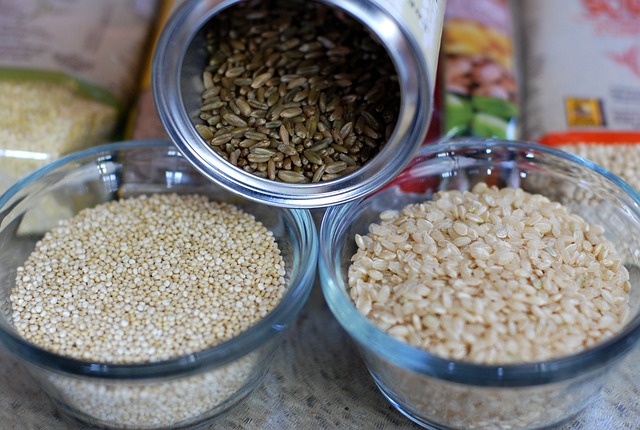Journey Towards Enhanced Health: The Quintessential Benefits of Whole Grains

Cornucopia of Nutrients
Whole grains are not merely about what they prevent but also about what they provide. They are veritable treasure troves of nutrients, replete with B vitamins – those essential catalysts in energy metabolism and neurological functions. They also offer a pantheon of minerals like iron, magnesium, and selenium, each playing its unique and indispensable role in the symphony of bodily functions. The nutrient-rich persona of whole grains is a testament to their contribution to our overall health and vigor.
Harbingers of Long-Term Health and Longevity
Finally, the consumption of whole grains is intricately linked to the tapestry of long-term health and increased lifespan. The amalgamation of benefits ranging from digestive wellness to the mitigation of chronic diseases, coupled with effective weight management and a nutrient-rich profile, collectively weave a narrative of prolonged health and longevity. The long-term health dividends of whole grains firmly establish them as crucial protagonists in the narrative of a diet designed for longevity.
Conclusion: Transformative Health Benefits of Whole Grains
In summary, the incorporation of whole grains into one’s diet unfolds as a saga of numerous health boons. From the fortification of digestive health to the diminution of chronic disease risks, from aiding in weight balance to enriching our bodies with vital nutrients, and ultimately in scripting a narrative of prolonged health and longevity, whole grains stand as unassuming yet powerful allies in our quest for a healthier, fuller life. This simple dietary shift can catalyze a transformative impact on our overall health and well-being.



